Sheepadoodle: Dog Breed Characteristics & Care
The sheepadoodle is a cross between a poodle and an Old English sheepdog. These adorable, large pups have curly fur that typically grows in a patchwork of black, white, and gray. This breed’s outgoing, gentle disposition makes it a popular choice for families. And, because they have low-shedding fur, sheepadoodles can also be a good option for allergy sufferers.
“If you are looking for a way to turn heads and meet new people, a sheepadoodle is your next dog,” says Jill Warner, owner of Finger Lakes Doodles in New York. “They attract people and open up the world for their families.”
We talked with two sheepadoodle breeders to learn more about the characteristics, temperament, health, and care needs of these teddy bear-like pups.
Breed Overview
Group: Designer
Height: 18-27 inches
Weight: 65-85 pounds
Coat: Curly, mid-length
Coat color: Black, white, gray
Life span: 12 to 15 years
Temperament: Sweet, playful, affectionate, social
Hypoallergenic: Yes
Origin: United States
Characteristics of the Sheepadoodle
Since sheepadoodles are a mix of two distinct breeds, their temperament varies depending on which traits they inherit from their Old English sheepdog parent and their poodle parent. But, by and large, these hybrid dogs are smart, goofy, social companions who make great sidekicks.
They’re friendly, outgoing, and playful, which makes them ideal pets for families with kids. Most sheepadoodles love romping around with other dogs when properly introduced, and the same goes for cats.
“They are great companions for families, as they are usually gentle and patient with children,” Warner says. “They also somehow find a way to make each person in the family feel loved and favored versus other breeds that will pick just one person.”
Beyond that, owners often describe their sheepadoodles as sensitive. If you’ve had a bad day at school or work, don’t be surprised to find your sheepadoodle waiting to greet and console you when you get home.
“They are the kind of dog that never has a bad day and can make you smile no matter what," says Sydnee Lynde, owner of Once Upon a Doodle in Colorado. “But what we think makes them so special is how intuitive and smart they are, which makes them very soulful and expressive.”
Warner echoed that sentiment, adding “when you look into their eyes, you swear there is a person inside all that fluff. They truly understand you.”
| Affection Level | High |
| Friendliness | High |
| Kid-Friendly | High |
| Pet-Friendly | High |
| Exercise Needs | Medium |
| Playfulness | Medium |
| Energy Level | Medium |
| Trainability | High |
| Intelligence | High |
| Tendency to Bark | Low |
| Amount of Shedding | Low |
History of the Sheepadoodle
The sheepadoodle’s origin story is a little fuzzy. However, the history of their parent breeds has been well-documented over the years.
Old English sheepdogs were developed in England in the late 1700s to help ranchers move their cattle from pasture to market. They’re known for their long, shaggy fur and their shuffling gait, which makes them look a bit like a bear on the move.
Poodles, meanwhile, were developed in Germany in the 1600s to help hunters retrieve ducks and other waterfowl. Their tight curly locks helped them stay warm, and their intelligence helped them make savvy decisions.
Sheepadoodle Care
Sheepadoodles can adapt to a wide variety of situations and households. But one thing is for certain: They love being around their human family members.
“They thrive in situations where they are with people a lot because they are a very people-oriented dog,” Lynde says. “Because of this, it is best if they are in a home where they are not alone for long periods of time. They thrive with attention, love, and cuddles.”
And, more broadly, they do need an owner who has time and energy to spend on exercise, grooming, and training.
Exercise
Most sheepadoodle owners will tell you their pup is happiest with at least some amount of exercise every day. That might be a trip to the dog park, a few separate walks, some fetch in the yard, a swimming session in a local pond, or going on a run with Mom or Dad. While exercise is important, sheepadoodles also need to “work out” their brains, too, which might mean investing in puzzle toys, doing nose work, or trying out obedience or agility training.
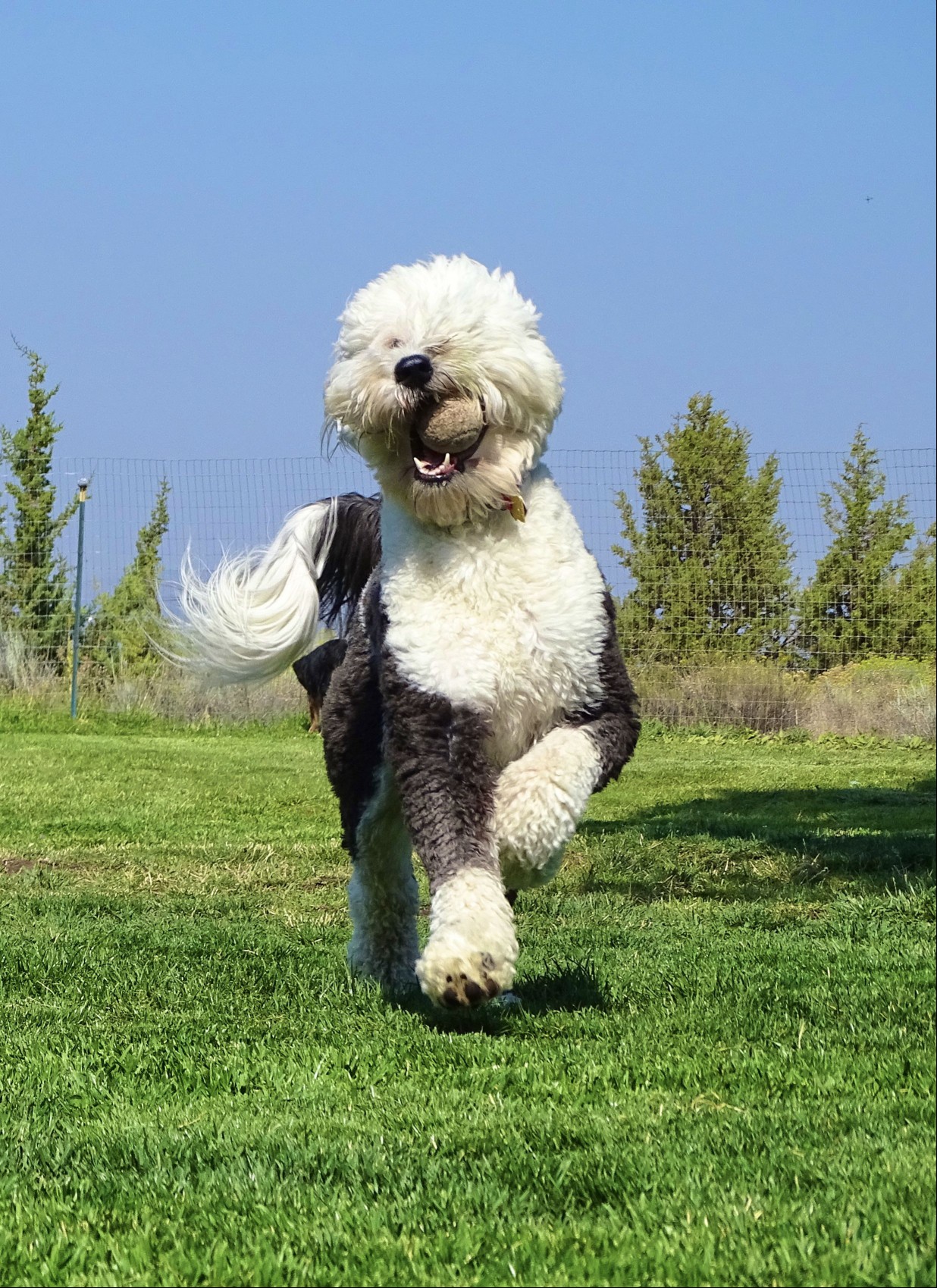
Trudy Gardner / Getty Images
“Daily walks, playtime, and interactive toys can help keep them physically and mentally engaged,” Warner says. “They also appreciate spending quality time with their owners, whether it's through training sessions, socialization with other dogs, or participating in activities like agility or obedience training.”
Sheepadoodles also enjoy having jobs, Warner adds.
“For example, taking the kids to school, working as therapy dogs, or being at home watching the cat all day,” she says.
Grooming
To keep your sheepadoodle looking (and smelling!) her best, you’ll want to brush her coat a few times a week and bathe her every month or two. Take her to a professional groomer for haircuts every six weeks or so, and teach yourself how to do basic trims in between appointments. Clean her ears, trim her nails and brush her teeth regularly.
Training
Sheepadoodles are intelligent people-pleasers, though they can sometimes be a little stubborn. Use positive reinforcement techniques to teach your pup good manners at home, or consider taking your sheepadoodle to a trainer or enrolling in a local class.
“While they are generally easy to train, all owners and dogs benefit from group training,” Warner says. “Anyone can teach a dog to sit and stay in a living room. The benefits of training class is to practice those same skills in a safe place filled with distractions.”
Sheepadoodles love attention of any kind, but even they can get bored with long training sessions, so keep them short and sweet. Also, be forewarned: Sheepadoodles tend to be counter-surfers, even with lots of rigorous training, so you may want to re-arrange your kitchen just to be safe.
Common Health Problems
With proper exercise and nutrition, sheepadoodles live long, happy lives—typically, between 12 to 15 years. That said, they may be vulnerable to some of the same health problems as their parent breeds, such as:
- Hypothyroidism
- Eye conditions
- Hip dysplasia
In addition, because sheepadoodles are large dogs, they’re more susceptible to bloat, also known as gastric dilation-volvulus (GDV), a potentially fatal condition that causes their stomach to stretch or twist.
Find a veterinarian you trust—asking friends and family members for referrals can be super helpful—and follow their recommendations for vaccines and other types of preventative care. Keep a close eye on your dog’s behavior, and call your vet as soon as you notice anything out of the ordinary.
Diet and Nutrition
It varies from dog to dog, but sheepadoodles are generally not known for being ultra-hungry, food-motivated chowhounds like some other breeds. Some sheepadoodles are even picky eaters. Even so, pet parents should take care to keep their sheepadoodle at a healthy weight, in consultation with a trusted veterinarian, to help them thrive. Before bringing your sheepadoodle home, stock up on treats and dog food—and remember to keep her water bowl full at all times.
Where to Adopt or Buy a Sheepadoodle
There are dozens—maybe hundreds—of sheepadoodle breeders located across the United States. That said, not all breeders are created equal and you’ll want to do your homework when choosing one to work with. If you’re hoping to go the rescue route, you’ll probably have a hard time finding one at your local animal shelter, as these are highly desirable dogs—but you never know, so keep an eye out on available dogs. Sheepadoodles typically cost between $1,500 and $3,500.
Sheepadoodle Overview
Sheepadoodles are great family dogs who make excellent companions. Their low-shedding coat can be a great fit for allergy sufferers. They need lots of exercise and mental stimulation, so they are not a good fit for people who are away from home most of the day or don't have the time to devote to fulfilling their dog.
Pros of the Sheepadoodle
- Low shedding and good for owners with allergies
- Sweet, affectionate personality (including with kids!)
- Love attention without being overly clingy
Cons of the Sheepadoodle
- Require regular grooming and daily exercise
- Can be stubborn
- Need daily mental stimulation
More Dog Breeds and Further Research
If you’re trying to decide whether a sheepadoodle is right for your household, dig in and do as much research as possible. Make appointments with sheepadoodle breeders, chat up sheepadoodle owners at the dog park, and scour forums like Reddit to get a true sense of what this breed is all about.
“Not all breeders are created equally and you need to do your homework,” Warner says. “Make sure you call your breeder’s vet as a reference. Look up the laws for being a breeder in the state you want to purchase from, as most states require breeders to have a license. Make sure you are dealing with a legal and ethical breeder.”
If you’re interested in similar breeds, check out:
- Bernedoodle
- Goldendoodle
- Labradoodle
There’s a whole world of potential dog breeds out there-with a little research, you can find the right one to bring home!
- Are sheepadoodles good family dogs?
Sheepadoodles are great family dogs in the right home. Sheepadoodles are happiest with people who are committed to giving them the proper exercise and mental stimulation to keep them happy and healthy. They don't like to be left alone for long periods of time.
Are sheepadoodles destructive?Sheepadoodles, like all dogs, can become destructive if they aren't getting enough exercise and mental stimulation or are being left alone for too long. Any bored dog will find ways to entertain themselves, which could mean destructive behaviors.
What are the downsides of sheepadoodles?Sheepadoodles can become destructive if they aren't properly fulfilled through daily exercise, mental stimulation, and training with their families. They are not the right fit for potential owners looking for a couch potato dog.
RECOMMENDED NEWS

Can Dogs Eat Yogurt?
Jam-packed with nutrients like calcium and protein, as well as probiotics that help suppo...

Can Dogs Eat Halloween Candy? What You Need to Know
Whether your dog is trying to sucker you into giving them a piece of Halloween candy or t...

American Leopard Hound: Dog Breed Characteristics and Care
Energetic and protective, the American leopard hound gets their name from not only where ...

Labrador Retriever (Lab): Dog Breed Characteristics & Care
The Labrador retriever is a medium to large dog breed with a short coat and sturdy physiq...

Boerboel: Dog Breed Characteristics & Care
The boerboel is a large working dog breed from South Africa that has a smooth, short coat...

15 Teacup Dogs For Tiny Dog Lovers
Teacup dogs are extremely popular pets because these little dogs look like puppies foreve...
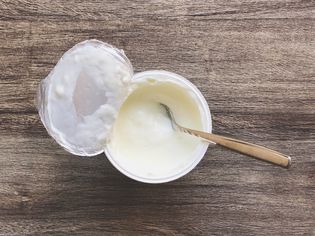

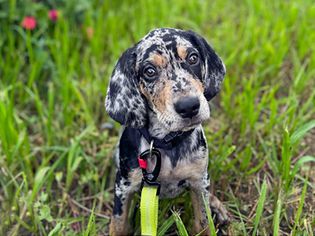
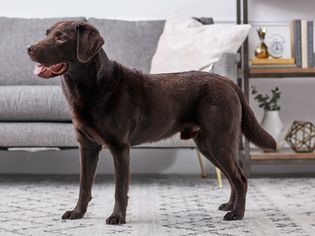
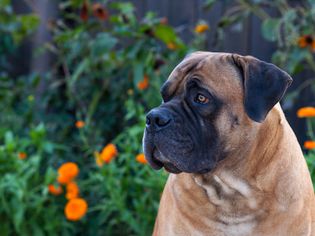
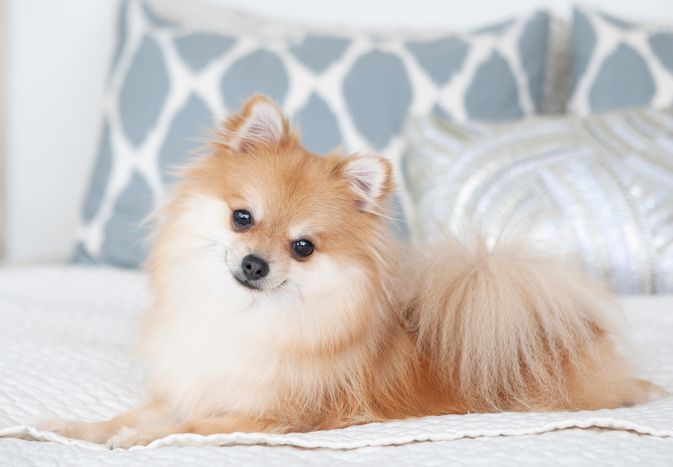
Comments on "Sheepadoodle: Dog Breed Characteristics & Care" :